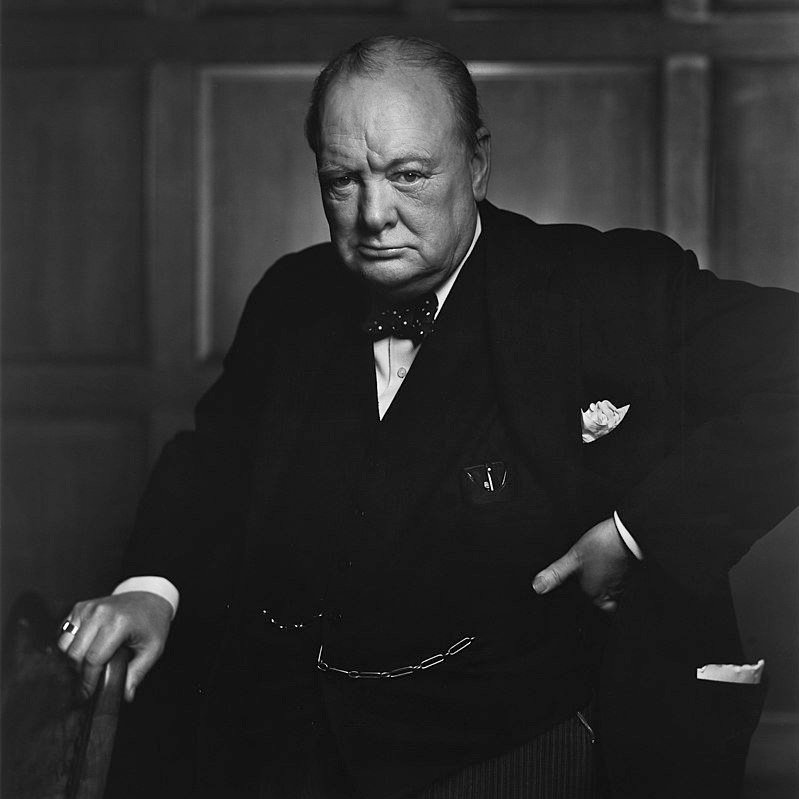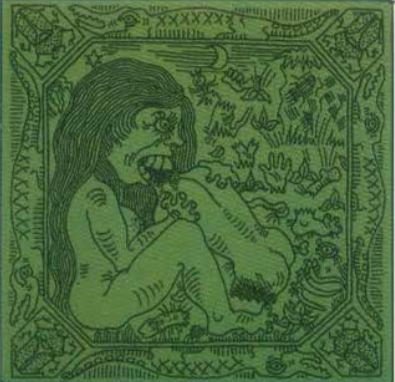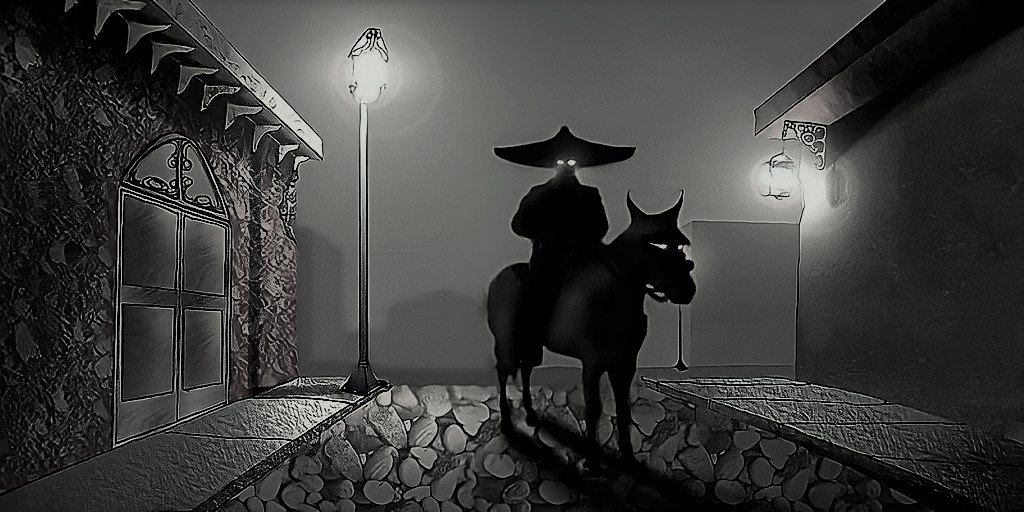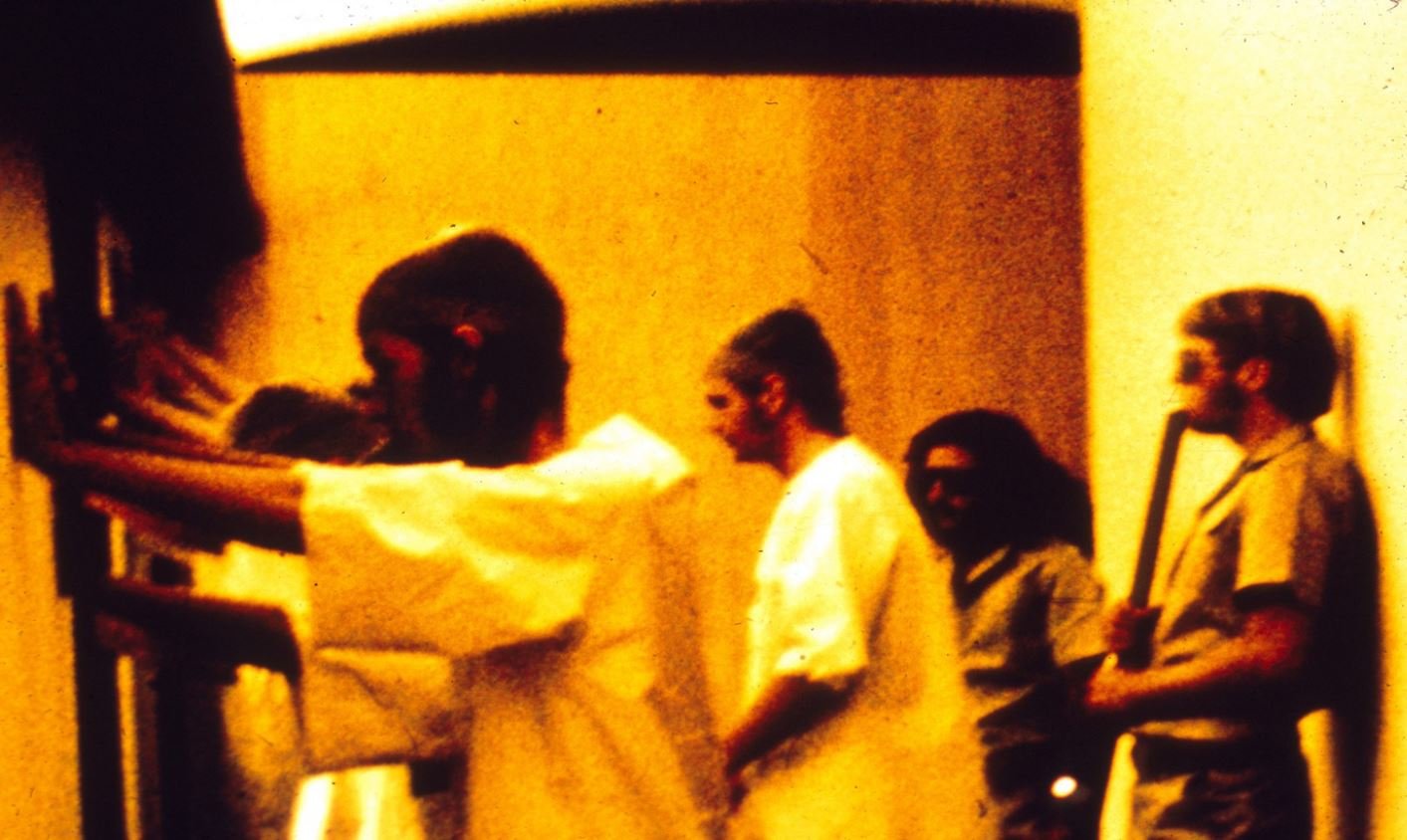The Facts on BBC’s “There is No News” on April 18th, 1930
At 8:45 pm on April 18th, 1930 the British Broadcasting Corporation’s (BBC) News radio program announced “There is no news” and filled the remaining 15 minutes of air time with piano music.
“Uhh, the hell do we do now?”
Often times you’ll see/hear this interesting fact followed by someone saying, “if only the news was like that today” or “it was a simpler time back then blah blah blah”.
Here’s the question though, did the BBC really think there was no news worthy enough to report, or is there a bigger story for why they chose not to report it? Well since this article is longer than this one section, it’s safe to say there’s a bit more context that explains why “no news” was no big deal.
Related Article: April 11th, 1954: The Most Boring Day?
British Broadcasting Company “News”
Probably the most important piece of context is that BBC Radio wasn’t a news station. By 1930 the BBC was less than a decade old and while they dedicated 15 minutes to reading the news, their main objective wasn’t providing the news.
The Director-General of the BBC was John Reith who didn’t even want a real news segment as a way to avoid the news sensationalism he saw in other countries. Luckily, there were no advertisements allowed on the radio in Britain meaning he didn’t have to worry about ratings or ads to pay for the broadcast.
His news program relied on giving a bulletin-style report on things his editors read in the paper that day without any extra commentary. Since the radio was still in its infancy, people were just realizing how powerful it could be in affecting society.
Winston Churchill who, at the time, was The Chancellor of the Exchequer, which sounds pretty important, had floated the idea of taking over the BBC for government propaganda. He didn’t use those exact words but… come on.
He definitely wanted to use those words though
Luckily John Reith was able to fight off a takeover by stating that there should be an impartial voice on the radio but, he also hinted that they would side with the government since the government was for the people. Reith had to handle news delicately avoiding controversial topics and on top of all that, being a devout Christian, he was extremely prudish.
When the time came for the daily 15-minute news segments, Reith approved them all himself avoiding topics that might stir controversy as well as topics that he felt weren’t up to his moral standards. But those weren’t the only detriments to providing the news.
Staffing and Logistics
Until 1928 there was an agreement in place that the BBC could not broadcast any news prior to 7 pm as a way to not upstage newspapers. Who would continue buying newspapers if the radio would fill you in instead?
“Everyone knows newspapers are forever!... Hold up, what’s the internet?”
Because of that agreement, by 1930 the BBC hadn’t yet focused on getting a bigger staff for their news segments, they didn’t even get a proper announcer until around 1932. There were no reporters, no investigators, and no interviewers on staff to even go out and report the news.
When the infamous “there is no news” broadcast happened, only 2 editors and 2 sub-editors were on staff. Their entire job was sorting through the news of the day from newspapers and official government announcements to select a few for broadcast… and that’s even if they were working that day.
Good Friday
See, April 18th, 1930 was Good Friday and it was taken pretty seriously in Britain. Those editors, or most of them, might have had the day off. More importantly, do you know who else was off, not just on Good Friday but, the entire Easter weekend? The newspapers.
But not this guy… and he knows it
That’s right, there were no newspapers printed because of Good Friday which means the staff at the BBC had no news to pick from. So, a short-staffed, small, not-news corporation that relied on newspapers to summarize the news in 15 minutes had no real options for their segment.
Seeing this, their strict morally uptight owner, attempting to avoid anything controversial with the government, who also had no advertiser incentive to make a show, decided it would be easier to just skip the news and play some music.
Essentially all the BBC did was join all the newspapers in saying “there is no news today” yet all people want to remember or make a big deal about is the radio broadcast from a non-news corporation.
It wasn’t a case of the news being different back then, it was more like if you have a weird friend who every day tells you what are the trending topics on Twitter without adding any context. Then one day their phone “mysteriously” breaks and they can’t annoy you with the day’s topics; perfect analogy.
Related Article: The Facts on Doomscrolling
Quick Facts
John Reith forced his “news” staff to wear proper suits at work despite it being a 15-minute radio show
He was also a fan of Hitler and Mussolini, though this wasn’t widely known until decades later
On April 18th, 1930 sports and weather were still announced earlier in the day without interruption
















